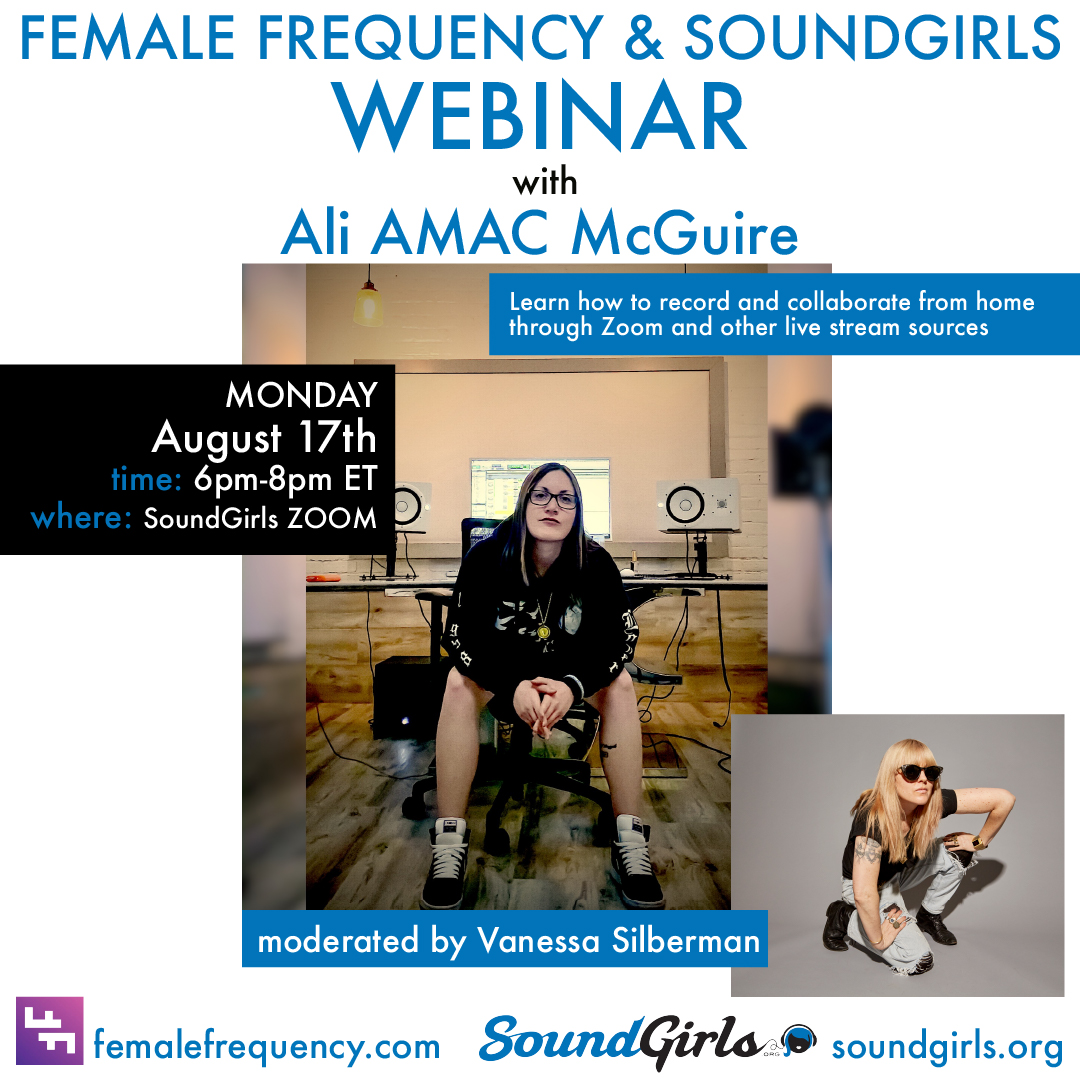Resources to Increase Diversity and Inclusion in the Music and Audio Industry
We are often asked ‘How can the industry proactively support gender and racial equality in the audio and music industry.
We’ve put together a list of concrete actions you might take.
Marginalized Groups in this document include women, non-binary genders, LGBTQIA and BIPOC.
These recommendations are for people working in education, industry, audio production and other related fields. We hope that you will read this document and identify three or more steps you can take to make the industry more inclusive.
Hiring and Referrals
Employ people from marginalized groups:
Resources for hiring and recruiting people from marginalized groups
Advertise roles in the right places and make proactive inclusion statements in the job postings. Provide clear opportunities for prospective applicants to contact you directly for further information about the role. If you find that people from marginalized groups aren’t applying for particular roles, undertake consultancy and ask why this may be.
Update your personal references: Can you refer people from marginalized groups for gigs and employment?
If in hiring a position, check that you have a qualified and diverse team looking at resumes. Make sure you have a diverse pool of candidates to interview. We hear all the time, we don’t care about gender or race, we just want to hire the best engineer. But how can you do that when your applicant pool excludes over half the population.
Seek to anonymize the application process where possible.
Look at the diversity in your organization and take steps to build a diverse hiring team.
Offer internships specifically for people from marginalized groups.
10 Ways to Prioritize Diversity, Equity, and Inclusion in the Workplace
Provide Sexual Harassment, Diversity, and Bystander Training:
A note about corporate training programs:
Organizations often implement training programs in order to reduce their likelihood of being named in harassment suits or to check a box for E.E.O.C. purposes but does little to change workplace dynamics. Make sure your program is not solely to protect the company. You want to search out and find programs that include empowering bystanders, encourage civility, and offer continued training.
Here for the Music Campaign has resources to build safety into shows and festivals. They work with artists, promoters, fans, venue staff, touring professionals to address sexual harassment and assault in the industry.
Two Types of Diversity Training That Really Work
Confronting Sexual Harassment
Check Unconscious Bias
Understand your own implicit/unconscious bias; that you may be inclined to hear some voices more clearly than others.
Avoiding Unconscious Bias at Work
Test yourself for hidden bias
In the workplace
Reporting Harassment & Policies
As inequalities persist, business owners in every industry have a responsibility to examine the workplace structures they’ve set up or enforced. They must then ask themselves what makes a workplace inclusive and then make changes to support employees from marginalized groups.
What policy does your tour have in place? How do crew members report issues? It is imperative for policies to be effective and that they are taken seriously and handled in a timely manner? It is also imperative to protect the identity of the crew member reporting.
Does your business or tour have an effective reporting mechanism?
HR and harassment issues are some of the most commonly reported types of claims and employers need to be sure to have multiple avenues so an employee can feel comfortable reporting. Regardless of the notification method, employers should follow a consistent documentation process for managing those allegations to ensure consistent outcomes and effective remediation.
Your Company Ethics Hotline Might Not Be Enough
Be an Ally for your co-workers: Although this article is specifically on being an ally for women, it can be easily adapted to include all marginalized groups.
Listen
Listen to experiences of marginalized groups when they provide examples of what marginalizing behaviors look and sound like. Listen, and keep listening without debating, diminishing or deflecting. Just listen. Really take the time to digest each lifetime of experience and insight.
Relieve the burden and contribute to proactive social intervention
Don’t make people from marginalized groups responsible for addressing inequities. We need to work together to shape change:
Set equity targets i.e., to be recording an equal ratio of female artists, works by female composers, and working with sound engineers by a specific date. You might subscribe to the PRS KeyChange initiative. Huddersfield Contemporary Records at The University of Huddersfield have done this. See this excellent statement and commitment from Professor Aaron Cassidy.
Changing Environments
Understand how to create supportive environments for marginalized groups.
Make sure your physical environment is welcoming to all people. Consider how your environments are biased towards certain groups
In Education: Create intelligent, inclusive environments for learning
Reflect on approaches to teaching and learning. From a young age, girls seem to be more socialized to collaborate, so integrate more problem solving, communication methods, and peer learning tasks into music technology education. Erin Barra’s Beats By Girlz lesson plans are great examples of this, and they encourage collaborative learning
Be demanding as all students can become experts. If you teach a minority of girls (who are also less confident), create environments that build up their confidence but also don’t shy away from being demanding. Evidence suggests that those girls will need to be confident and to prove that they have excellent technical knowledge (see unconscious bias) – and anyway, knowledge is power
Support the least confident. Notice where less confident students aren’t contributing, take the issue seriously and consider why this might be happening. Perhaps some students need other (more private) opportunities and spaces to feel comfortable to take risks and make mistakes, because they may not have had the same opportunities to work with technology in the past, or because they have been pushed away by other more confident learners. Some students may just need more assistance with working their way back into practical collaborative projects where they need to feel confident in order to be more assertive with peers
Provide equal visibility of women and especially women of color. Just because we know about Björk, Delia Derbyshire, Wendy Carlos and Mandy Parnell we can’t simply assume that some kind of gender balance has been achieved. This is tokenism, and it is a big part of the problem. Help to address this by inspiring young people to understand that the default identity of a music producer is not a white man.
See the websites: shesaid.so, female pressure, Female Frequency Her Noise Archive SoundGirls Profiles Women in Sound
Employ people from marginalized groups. Advertise roles in the right places and make proactive inclusion statements in the advert. Provide clear opportunities for prospective applicants to contact you directly for further information about the role. Think carefully about how to bring female experts into education. If you find that women aren’t applying for particular roles, undertake consultancy and ask why this may be.
In Higher Education, seek out people you can invite in to deliver guest lectures/workshops/supervision. Some may be part-time university academics also working in live electronic music, or in a studio, or in other areas of sound – so look beyond your network, and beyond conventional academia where possible. This helps to bridge the divide between self-employed artists and academia and provide pathways for people from marginalized groups to have the option of engaging in academic practices
Invite conversation. Talk with colleagues to check what your institution is doing to engage students who may have experienced discrimination and, if necessary, seek consultation from the staff at other institutions who are clearly addressing this well.
Understand the statistics by reading academic articles and education research, and drawing on websites of all-women groups. Try to avoid asking women to explain it – because this is exhausting and the resources are all available.
Additional Steps You Can Take to be an Ally
You Can’t Be What You Can’t See. Challenge the media representation of women in sound and music. Women do not see themselves in trade magazines, in panels at conferences, or in advertisements. Digico ran a fantastic ad campaign last year called Excellence Exposed which featured a diverse group of women engineers in both their backgrounds and musical genres.
SoundGirls has a monthly feature profile of women in audio to offset this, and all their weekly blogs are written by women.
Identify and offer support to organizations doing this work.
You can find a list here
Volunteer your time and expertise to these organizations. Whether it is doing advocacy work, amplifying their work on social media, administrative work, or financial contributions.
Wear the T-shirt – literally! The Women’s Audio Mission, SoundGirls, Gender Amplified, Beats By Girlz, Roadies of Color United sell their T-shirts. Help normalize and advocate for diversity in audio and the music industry.
These are just a few recommendations and the issue is much more nuanced and layered, however, we’re asking you to make a start. Be proud that you are a part of this important audio industry initiative.
Further recommendations and guidance
How Men Can Be Allies,
Sexual Harassment
More Inclusive Industry
Blogs on Diversity and Inclusion
The AES Diversity and Inclusion Committee
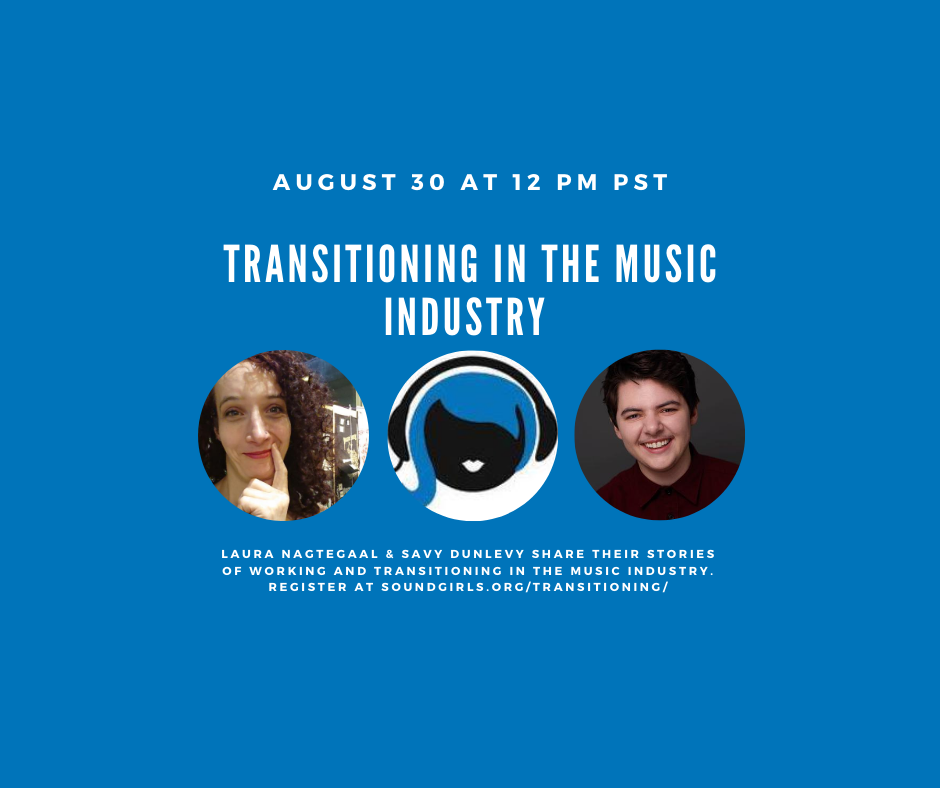
 Savy Dunlevy is a wireless and communications audio technician for broadcast television and live events. Although a newcomer to the world of audio, they have worked in and been involved with entertainment since birth. Some of their favorite projects include shows with HGTV, ABC Network, Broadway promotional shoots, Say Yes to the Dress, and Paul McCartney: Live at Grand Central.
Savy Dunlevy is a wireless and communications audio technician for broadcast television and live events. Although a newcomer to the world of audio, they have worked in and been involved with entertainment since birth. Some of their favorite projects include shows with HGTV, ABC Network, Broadway promotional shoots, Say Yes to the Dress, and Paul McCartney: Live at Grand Central. Laura Nagtegaal – Laura’s career touring the world as a guitar technician, tour manager, and merchandiser started 25 years ago. With her sunny and infectious demeanor, she spreads her own newfound joy and youthful life force around.
Laura Nagtegaal – Laura’s career touring the world as a guitar technician, tour manager, and merchandiser started 25 years ago. With her sunny and infectious demeanor, she spreads her own newfound joy and youthful life force around.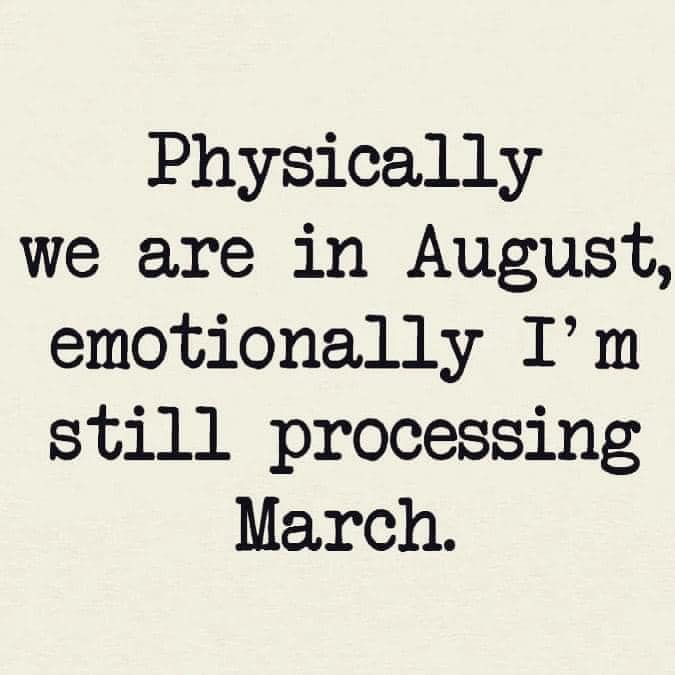
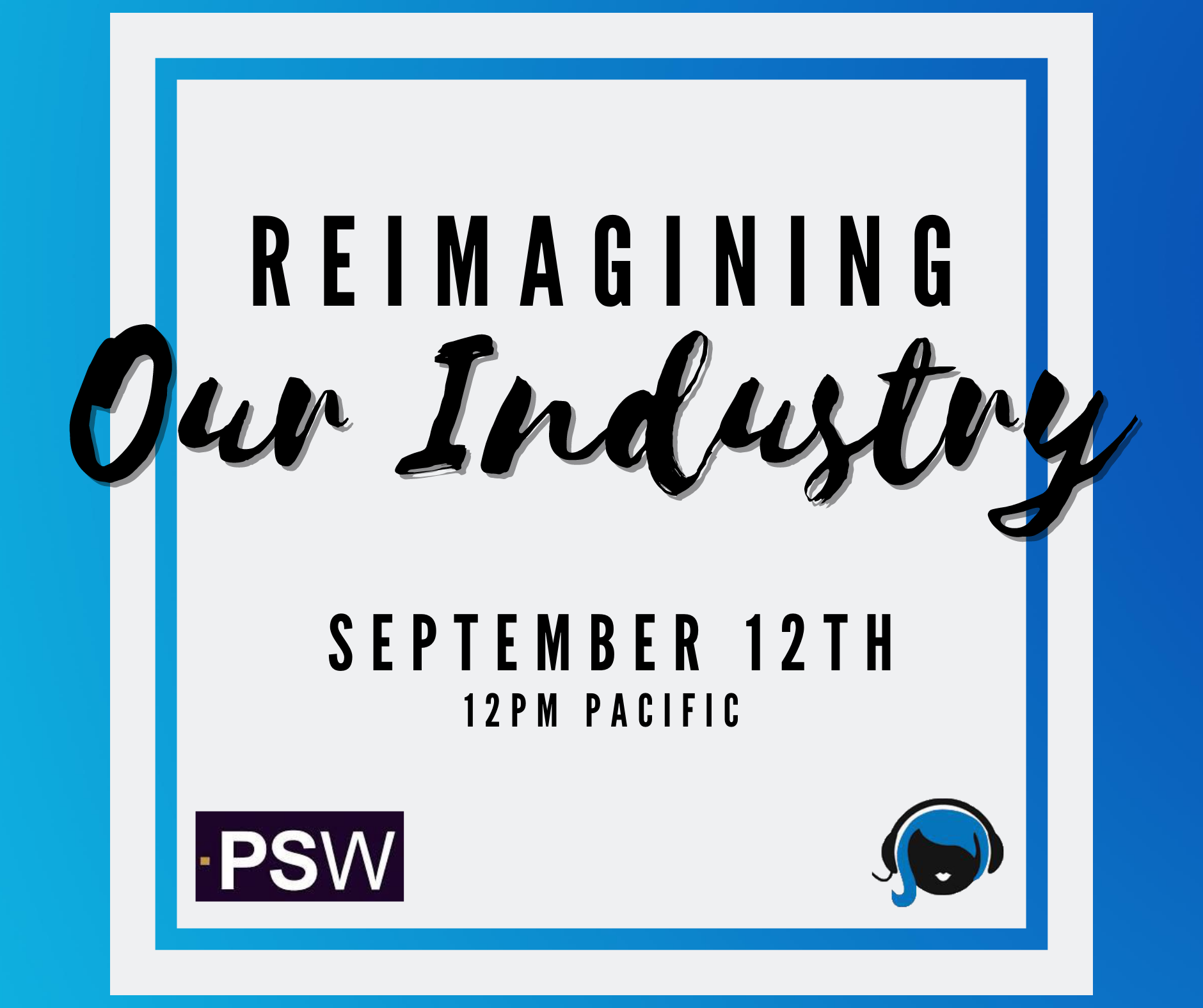


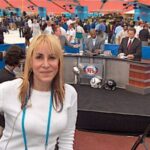
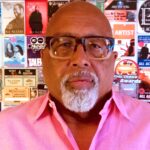 Bill Reeves has been working in the concert production industry for over 40 years. Starting out on the lighting crew. He graduated to LD/Production Manager within a couple of years and has been working exclusively as a Production/Tour Manager for better than 30 years. Highlights Luther Vandross (14 years), Prince (3 tours including Purple Rain), Stevie Wonder, Anita Baker, Maxwell, D’Angelo, Anthony Hamilton (14 years up to present).
Bill Reeves has been working in the concert production industry for over 40 years. Starting out on the lighting crew. He graduated to LD/Production Manager within a couple of years and has been working exclusively as a Production/Tour Manager for better than 30 years. Highlights Luther Vandross (14 years), Prince (3 tours including Purple Rain), Stevie Wonder, Anita Baker, Maxwell, D’Angelo, Anthony Hamilton (14 years up to present).

